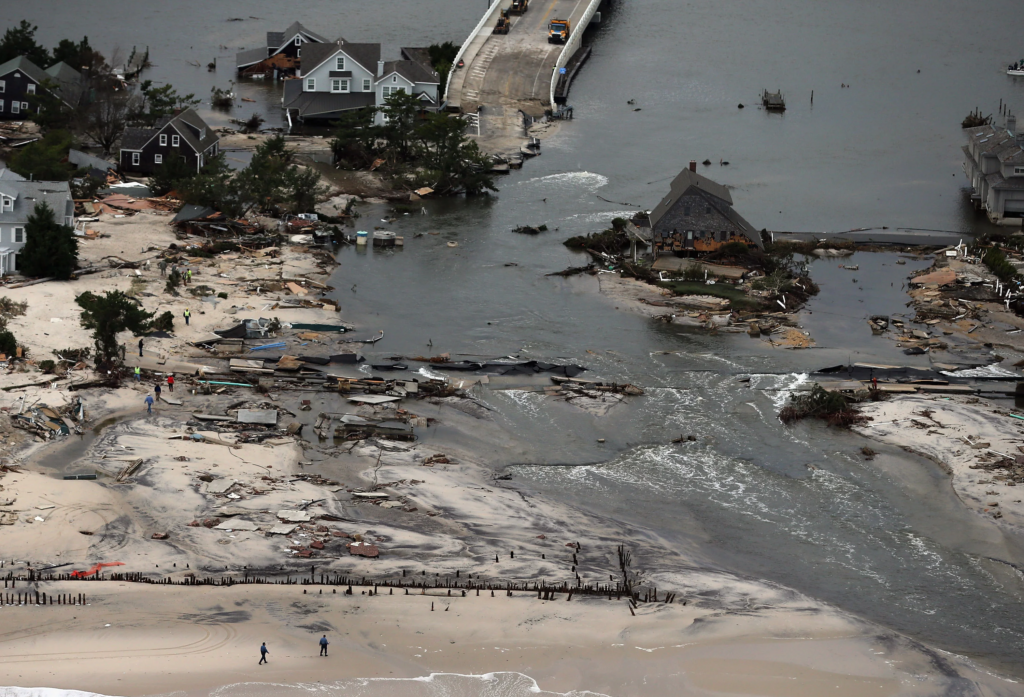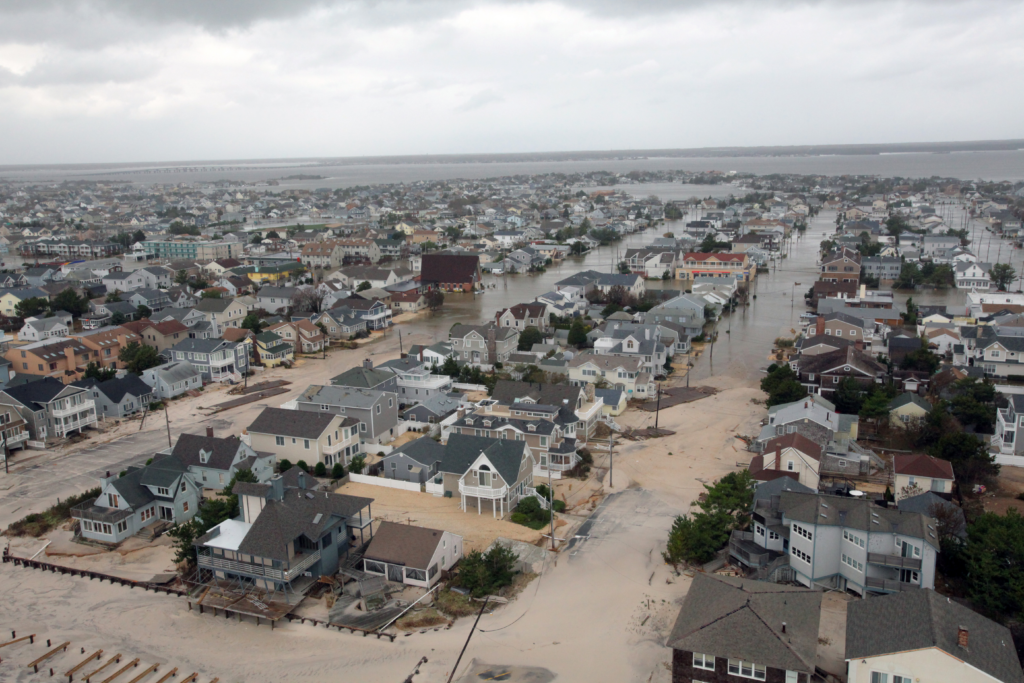Scientists warn that peer-reviewed journals are publishing misleading climate change research tied to a German lawsuit whose authors claimed conflicts of interest.
The expanding number of research publications that charge eager academics yet publish their work without peer review has long raised concerns.
They claim biased writers are using an overburdened assessment system to undermine climate action’s scientific foundation.
“The recent explosion of so-called ‘predatory journals’ is creating problems that are pro-actively explored by climate sceptics,” said Climate Analytics scientist Carl Schleussner.
“It opens the door to those who want to willingly get dubious research out there.”
Peruvian glacier study

One research denied that human-caused warming caused a Peruvian glacier to melt and flood.
Two climate contrarian writers are former RWE executives, a German energy corporation sued over the glacier.
The Elsevier-owned Journal of South American Earth Sciences published its report in November 2022.
Like many others, the journal charges writers for submissions, which are meant to be reviewed by specialists before publication.
The report criticized an Oxford University research used by a Peruvian farmer who claims RWE’s carbon emissions caused global warming.
The German-led report quoted Northern Illinois University palaeoclimatologist Nathan Stansell.
“Fraught with misinformation, mischaracterizations and bias,” he told AFP, the publication.
It “debunked” the claim that recent warming was unremarkable since medieval eras were warm.
“The bulk of the paleoclimate community recognises that the groups trying to spread this fallacy cannot compete with sound scientific data.”
Ben Marzeion of Bremen University and Jorge Strelin of Cordoba University told AFP their work was exploited.
“It opens the door to those who want to willingly get dubious research out there,” says Climate Analytics scientist Carl Schleussner.
Strelin claimed a graphic in the paper, based on one he used, excluded data demonstrating one glacier’s dramatic retreat over recent decades.
AFP was unable to reach primary author and geologist Sebastian Luening and chemist-turned-politician Fritz Vahrenholt.
Rupert Stuart-Smith, the Oxford study’s author, issued a formal scientific response to the journal, disputing Luening’s data usage and “inaccurate or misleading assertions.”
Elsevier communications officer Andrew Davis told AFP the journal’s editors “did not detect unethical behaviours and it is their belief that the two research groups simply did not agree with each other.”
The publication acknowledged the study’s omission of the authors’ RWE ties.
The information was in a “pre-proof” of the manuscript but not in the November 2022 edition.
“The publisher would like to apologize for any inconvenience caused,” Elsevier told AFP.
The disclosure would return to the research following author approval.

Firm rejects financing study
In 2021, MDPI published another Peru glacier report in Remote Sensing.
The research examined three years of ice-flow velocity data and analyzed the danger of avalanches and floods, finding no indication of a flood.
Stansell noted this result “seems out of place and doesn’t relate directly with their principal findings” and should have been studied separately.
SourceMaterial reported that RWE funded the study in 2022. It cited the writers as disputing this. The writers ignored AFP.
RWE spokesperson Guido Steffen told AFP the report “was made independently from RWE and the court case and it was not funded or paid for by RWE.”
He remarked about the Luening report, “We did neither commission that study nor play any role in producing it.”
Extreme weather study smashed
Top climate experts demanded the removal of a study that denied a global disaster in September 2022.
Springer Nature’s European Physical Journal Plus published four Italian scientists’ peer-reviewed research.
Four experts told AFP the report cherry-picked severe weather data.
Springer Nature warned readers and investigated.
Springer Nature executive editor Christian Caron told AFP the inquiry was “progressing but still ongoing” in late March 2023.
“Additional material received as part of the investigation is currently following the usual procedures of an extensive peer-reviewing process, which may take more time than anticipated.”
Peer-reviewed journals traditionally charge for publication.
External reviewers are expected to identify fraudulent publications and reject shady data usage, making them the gold standard in scientific publishing.
Due to the low cost of publishing online, peer-reviewed journals have proliferated, and some argue standards have dropped.
Ivan Oransky, co-founder of Retraction Watch, a site that analyzes thousands of academic article withdrawals, told AFP that some writers tried to publish unsound work in journals with loose peer-review systems and untrained reviewers.
“A lot of junk gets through peer review,” he remarked. “Everyone should admit that so we can improve.”

